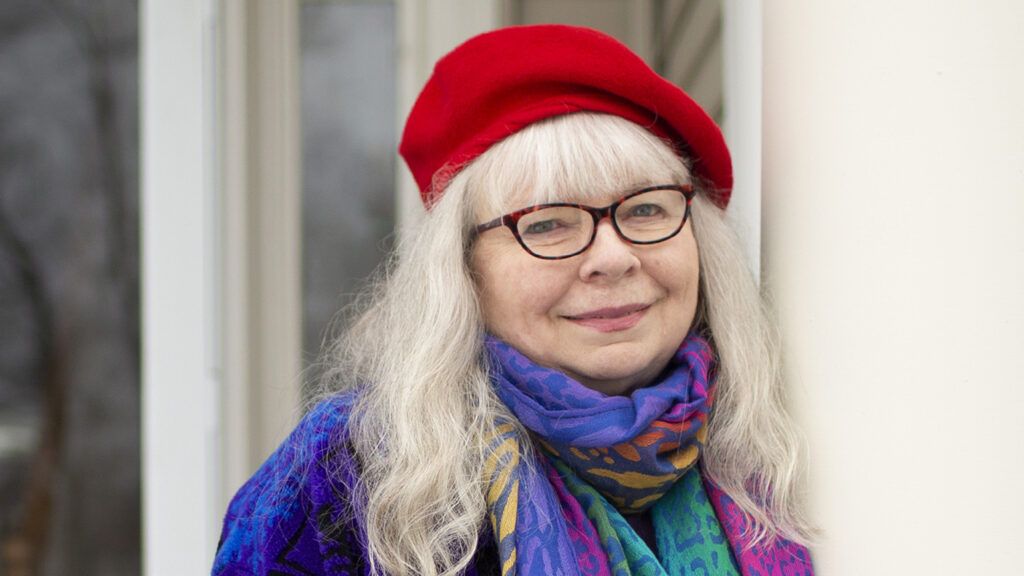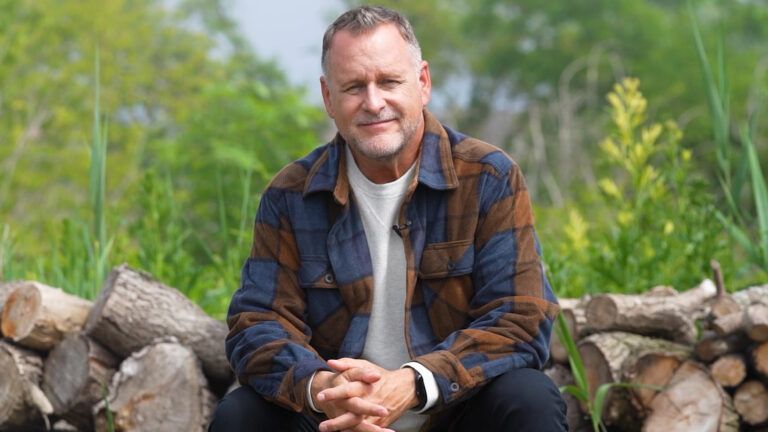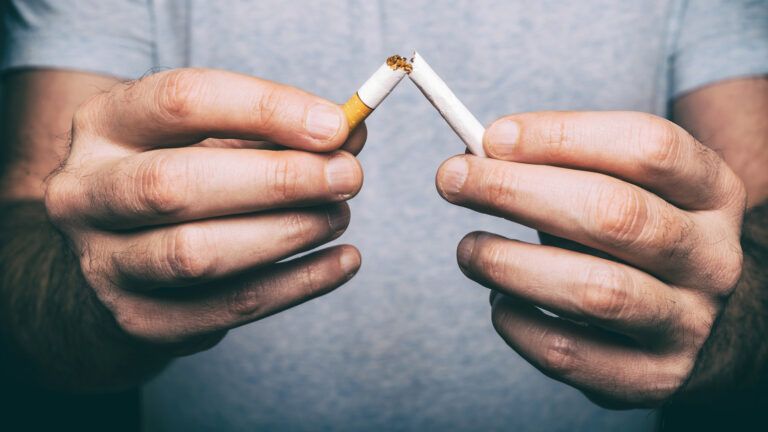The knot in my stomach grew tighter. I was dropping off my teenage daughter, Maggie, at her friend’s house. She was staying over with some high school classmates, kids in her drama club, girls and boys. I was worried, maybe more than I needed to be.
I trusted my daughter. I hoped she had learned from my own history. Still, as she turned and waved, I couldn’t stop myself from saying, “Remember, honey, no drinking.”
“How many times do I have to tell you, Mom?” she said, annoyed. “My friends and I don’t do that!”
I wanted to believe her. Maggie was 16, the same age I was when I had my first real drink. Both my parents drank every single day, enough to cause trouble in their marriage and constant fear in our family. Alcoholic parents usually produce two types of children: abstainers or problem drinkers. I was the latter. I worried Maggie could be too.
I became a serious partier in college, going to keg parties and drinking way too much. Then I drove home drunk; there was no such thing as a designated driver back then. Besides, I thought I drove better when I was drinking. I thought I did everything better. Alcohol gave me the confidence I wished I actually had. It banished the fear, at least temporarily.
My twenties were even worse. I added drugs to my repertoire. I increasingly worried about what I was doing to myself. Yet I didn’t want to stop.
During those wild years, I met my daughter’s dad, who drank as much as I did. The first time he came to visit me in Philadelphia, where I was working as a cook, I told him I thought I had a drinking problem. “Trust me,” he said. “I know what alcoholics look like, and you’re not one of them.” His parents were heavy drinkers too.
But instead of listening to my own inner voice, I moved to Massachusetts to live with him, and when I was 35, we married. By then, I was drinking every day. I started making promises to myself that I found harder and harder to keep. Things like not drinking on Tuesdays or Thursdays and no drinking before 5 P.M. I was trying to negotiate with my alcoholism.
Then I got pregnant. I was sure I could make it through all nine months without alcohol. I was wrong.
I kept at it through Maggie’s early childhood. One night when I was home alone with Maggie, who was then five, I drank so much wine that I threw up on the floor next to my bed and passed out. I woke up with a voice of shame in my head that not even a drink could silence.
Two months later, at age 42, I finally surrendered. I went to AA and got into therapy. A day at a time, I didn’t drink. My husband, who was still drinking, left four months after I quit. Suddenly I was raising a daughter alone and navigating early sobriety. At times it seemed more than I could handle. It was the support I got at AA meetings that kept me going.
Sometimes during school vacations or when I couldn’t find a sitter, I had to take Maggie to meetings with me. I packed her crayons, coloring books and snacks. My home group met in a big church hall with a stage. Maggie would climb up on the stage, roll out her little sleeping bag and tuck herself in.
Having her there helped center me. Still, I sometimes worried about her spending time in that environment. I prayed to my higher power that it was the right choice.
Like any alcoholic parent in recovery, I worried about the damage I might have done to my child with my drinking.
Once, when Maggie was 10, I rented a cabin on Cape Cod for a few days, just for the two of us. I bought a bag of groceries, which included a bottle that looked like wine but wasn’t. Maggie freaked out when she saw it. Crying, she ran out of the house and hid behind a tree in the backyard until I poured the bottle down the drain and reassured her it wasn’t alcohol.
Suddenly I realized that’s what I had wanted to do with my parents’ bottles when I was Maggie’s age. Just to make them stop. I swept my daughter into my arms and held her close for a long time.
When Maggie reached high school, the age I was when I started drinking, I began to worry almost obsessively. Worrying that the cycle would continue, worrying about peer pressure and her wanting to be accepted, like any teenager.
By the time I picked up Maggie from her friend’s house the day after the party, I was in a state. What if she’d been drinking? Would she tell me the truth if I asked?
On the way home, we stopped at a McDonald’s. We sat down in one of the booths.
“Mom, there’s something bothering me,” she said, “and you’re probably not going to like it.”
She told me there had been drinking at the party and that some of her friends were even trying drugs.
Here it comes, I thought. I could barely breathe.
Maggie looked down. “Last night, I tried something that had alcohol in it,” she said. “But when I realized what it was, I threw it away.”
I let out my breath and said a prayer of profound thanks. “Thank you for telling me,” I said.
“After I took that first sip, I thought about all the meetings you took me to, how I grew up watching you and others get sober. About what you had to go through. That helped me realize what I want and don’t want in my life.” She reached across the table for my hand. “Thank you for that, Mom.”
There are many miracles in sobriety. Some have happened to me. But none have been as meaningful as this, to hear that what I had done out of necessity, even desperation, has helped my daughter make choices that could save her own life.
For more inspiring stories, subscribe to Guideposts magazine.





